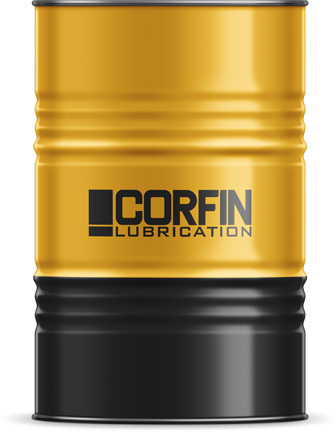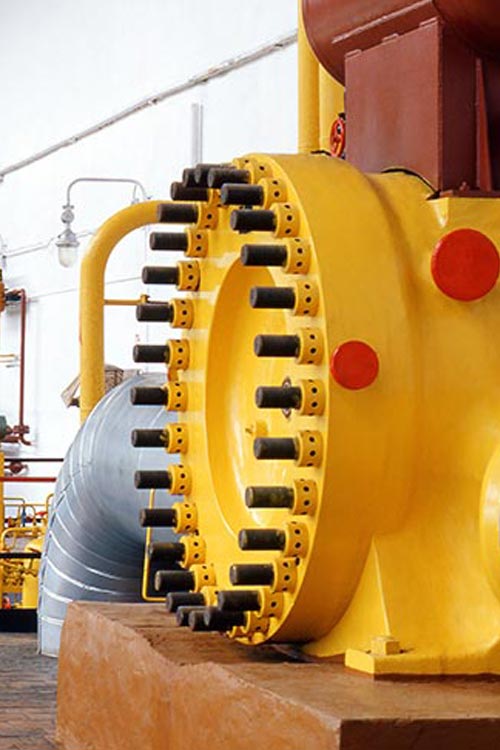SKU 320135
Category Oils
RELAXTIVE OIL
RELAXTIVE OIL
RELAXTIVE OIL Advantages
Relaxtive Oil reduces friction, heat and therefore wear and tear, ensuring optimum operation of equipment and components for longer. Less wear and tear means less potential for failure. Parts operating with high friction and high heat are susceptible to unexpected failure at almost any time, regardless of the age of the component. Relaxtive Oil ensures that equipment operates at an acceptable temperature and friction level, greatly reducing the likelihood of unexpected maintenance requirements. At the same time, it allows the interlocking parts to dissolve faster, loosening them without damaging the equipment.

It is a petroleum-based lubricant with fine viscosity.
It penetrates deeply by finding even the smallest openings between metal parts.
It ensures that even seemingly solid connections become loose in a short time.
RELAXTIVE OIL Features
- Relaxing oil helps reduce friction.
- Although not permanent, it provides temporary lubrication.
- Relaxing oil can also be used as a cleaning agent.
- It prevents metal surfaces from being damaged by corrosion.
- It prevents moving parts from working noisily.

RELAXTIVE OIL Usage Areas
Which Industries
Should Prefer?



You can contact us for any questions you may have
YOU MAY
ALSO
INTEREST
PRODUCTS
RELAXTIVE OIL Tech Data
RELAXTIVE OIL Frequently Asked Questions
Contact Form

MADE IN
TÜRKİYE
FOR ALL ORDERS
FREE SHIPMENT
ON-SITE PROBLEM
DETECTION
TECHNICAL
CONSULTING
The information contained on this page is based on our current experience and is intended to provide information on appropriate use or application based on technical experience. It does not constitute a warranty or guarantee for the product. It is recommended that you contact us for your specific applications and for more comprehensive information. Akoni Kimya reserves the right to change all of the information on this page without notice.
SKU 320135
Category Oils
RELAXTIVE OIL
RELAXTIVE OIL

CLASS OF USE
Protection
BASE OIL
Other
20 L, 200 L, 1000 L
1-3 Weeks
-
MADE IN
TÜRKİYE
-
FOR ALL ORDERS
FREE SHIPMENT
-
ON-SITE PROBLEM
DETECTION
-
TECHNICAL
CONSULTING
RELAXTIVE OIL Advantages
Relaxtive Oil reduces friction, heat and therefore wear and tear, ensuring optimum operation of equipment and components for longer. Less wear and tear means less potential for failure. Parts operating with high friction and high heat are susceptible to unexpected failure at almost any time, regardless of the age of the component. Relaxtive Oil ensures that equipment operates at an acceptable temperature and friction level, greatly reducing the likelihood of unexpected maintenance requirements. At the same time, it allows the interlocking parts to dissolve faster, loosening them without damaging the equipment.

It is a petroleum-based lubricant with fine viscosity.
It penetrates deeply by finding even the smallest openings between metal parts.
It ensures that even seemingly solid connections become loose in a short time.
RELAXTIVE OIL Features
- Relaxing oil helps reduce friction.
- Although not permanent, it provides temporary lubrication.
- Relaxing oil can also be used as a cleaning agent.
- It prevents metal surfaces from being damaged by corrosion.
- It prevents moving parts from working noisily.

RELAXTIVE OIL Usage Areas
Which Industries
Should Prefer?


You can contact us for any questions you may have
IN THESE PRODUCTS
YOU MAY BE INTERESTED
RELAXTIVE OIL Tech Data
RELAXTIVE OIL Frequently Asked Questions
Contact Form
The information contained on this page is based on our current experience and is intended to provide information on appropriate use or application based on technical experience. It does not constitute a warranty or guarantee for the product. It is recommended that you contact us for your specific applications and for more comprehensive information. Akoni Kimya reserves the right to change all of the information on this page without notice.



